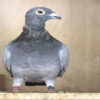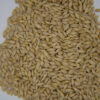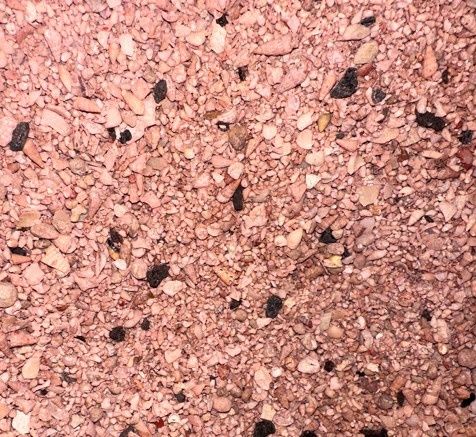
Grit and Minerals the Importance of it in Racing Pigeon Health and Performance
When it comes to top-tier pigeon performance, it’s not just about genetics and training. The foundation of health and racing success lies in what your pigeons eat—and that includes more than just grains. One often overlooked, yet vital, part of a racing pigeon’s diet is fresh grit and minerals. These seemingly simple elements play a critical role in supporting digestion, skeletal strength, and overall vitality.
In this blog post, we’ll explore why fresh grit and minerals are non-negotiable in your pigeon care routine, how they impact racing and breeding, and how to ensure your flock gets the best possible source of these nutrients.
Why Racing Pigeons Need Grit and Minerals
Racing pigeons have unique nutritional needs. Unlike many animals, they don’t have teeth to chew their food. Instead, they rely on grit to break down and digest grains within the gizzard. But grit does more than just aid digestion. When infused with essential minerals, it becomes a powerhouse of nutrition that supports everything from bone strength to eggshell quality.
Benefits of Grit:
- Mechanical digestion: Helps grind hard grains in the gizzard, making nutrients more bioavailable.
- Appetite and crop health: Stimulates the digestive tract and reduces the risk of crop stasis.
Benefits of Minerals:
- Calcium: Essential for eggshell formation and bone health.
- Phosphorus: Supports energy metabolism and skeletal strength.
- Iodine: Aids in thyroid function and metabolic regulation.
- Iron & Zinc: Boosts red blood cell production and immune response.
A deficiency in these key minerals can result in poor breeding success, weakened immune systems, and decreased race performance.
Grit and Mineral Deficiencies: What to Watch For
Even experienced fanciers sometimes overlook subtle signs that pigeons are lacking essential minerals. If your birds are underperforming despite solid training and feeding programs, mineral imbalance or grit deficiency might be the culprit.
Signs of Deficiency:
- Soft or misshapen eggshells
- Poor hatch rates
- Fragile bones in squabs
- Lethargy and poor muscle tone
- Feather pecking (a sign of calcium or trace mineral craving)
- Reduced feed intake or poor digestion
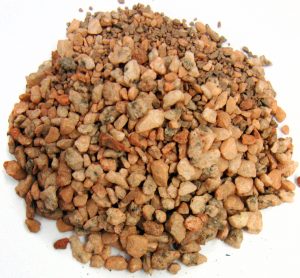
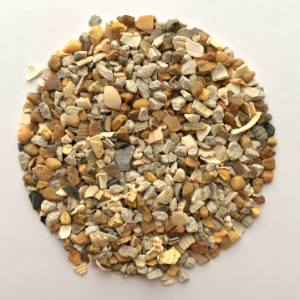
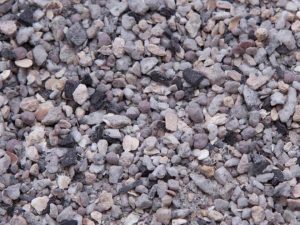
Choosing the Right Grit and Mineral Blend
Not all grit is created equal. Some commercial blends are low-quality, dusty, or lacking the essential mineral content your pigeons need. Choosing a high-quality, fresh grit and mineral blend can make a dramatic difference in your pigeons’ health.
What to Look for:
- Natural ingredients: Crushed oyster shell, redstone, charcoal, limestone, and anise.
- Added trace minerals: Copper, manganese, iodine, and zinc.
- Low dust content: Clean blends that won’t irritate the respiratory system.
- Freshness: Avoid old or rancid grit, which can harbor harmful molds or lose potency.
Tip: Replace grit weekly to ensure freshness and prevent bacterial growth.
When and How to Offer Grit and Minerals
Daily Access Is Key
Fresh grit and minerals should be available to your pigeons every day, especially during high-demand periods like breeding, molting, and racing.
Best Practices:
- Offer in a clean, dry container separate from feed.
- Replace and clean the dish at least once a week.
- Avoid mixing grit with regular feed to prevent spoilage.
During breeding and molting seasons, the demand for calcium and other minerals increases substantially. Supplementing with extra mineral blends or calcium grit during these periods is essential.
Racing Pigeons and the Grit Advantage
Every fancier dreams of race day success. But even the best-trained pigeon won’t perform at peak levels if its body lacks the essential nutrients to power through a 300-mile flight. Grit and minerals contribute to endurance, focus, and post-race recovery.
Racing Benefits:
- Better energy conversion: Efficient digestion ensures maximum use of feed energy.
- Improved muscle recovery: Zinc and magnesium aid tissue repair.
- Faster recovery times: Especially when paired with recovery supplements.
- Stronger immune function: Helps birds resist infections during travel and competition.Breeding Pigeons: Supporting the Next Generation
The breeding season puts tremendous strain on both hens and cocks. Hens need extra calcium for egg production, while cocks benefit from overall mineral support for fertility.
Providing high-quality grit and minerals can:
- Improve hatchability and chick survival
- Strengthen the eggshells and reduce breakage
- Support parental energy and feeding behavior
Pairing mineral-rich grit with a breeding supplement like PHP Breeding Boost can further enhance results.
Loft Hygiene and Grit Management
Good loft management goes hand-in-hand with mineral health. Dirty or wet grit dishes are breeding grounds for bacteria and mold, which can make pigeons sick. Freshness and hygiene must be a top priority.
Hygiene Tips:
- Always use clean, dedicated containers for grit.
- Keep dishes covered or elevated to prevent contamination.
-
Store grit in a cool, dry place to maintain potency.Final Thoughts:
Fresh grit and minerals might not be the flashiest part of your pigeon racing program, but they are undoubtedly among the most important. They impact digestion, strength, fertility, and performance at every stage of a pigeon’s life. Whether you’re breeding the next generation of champions or prepping for race day, never underestimate the power of fresh, high-quality grit and mineral blends.
By prioritizing these essential nutrients, you’re laying the foundation for stronger, healthier, and faster pigeons.
